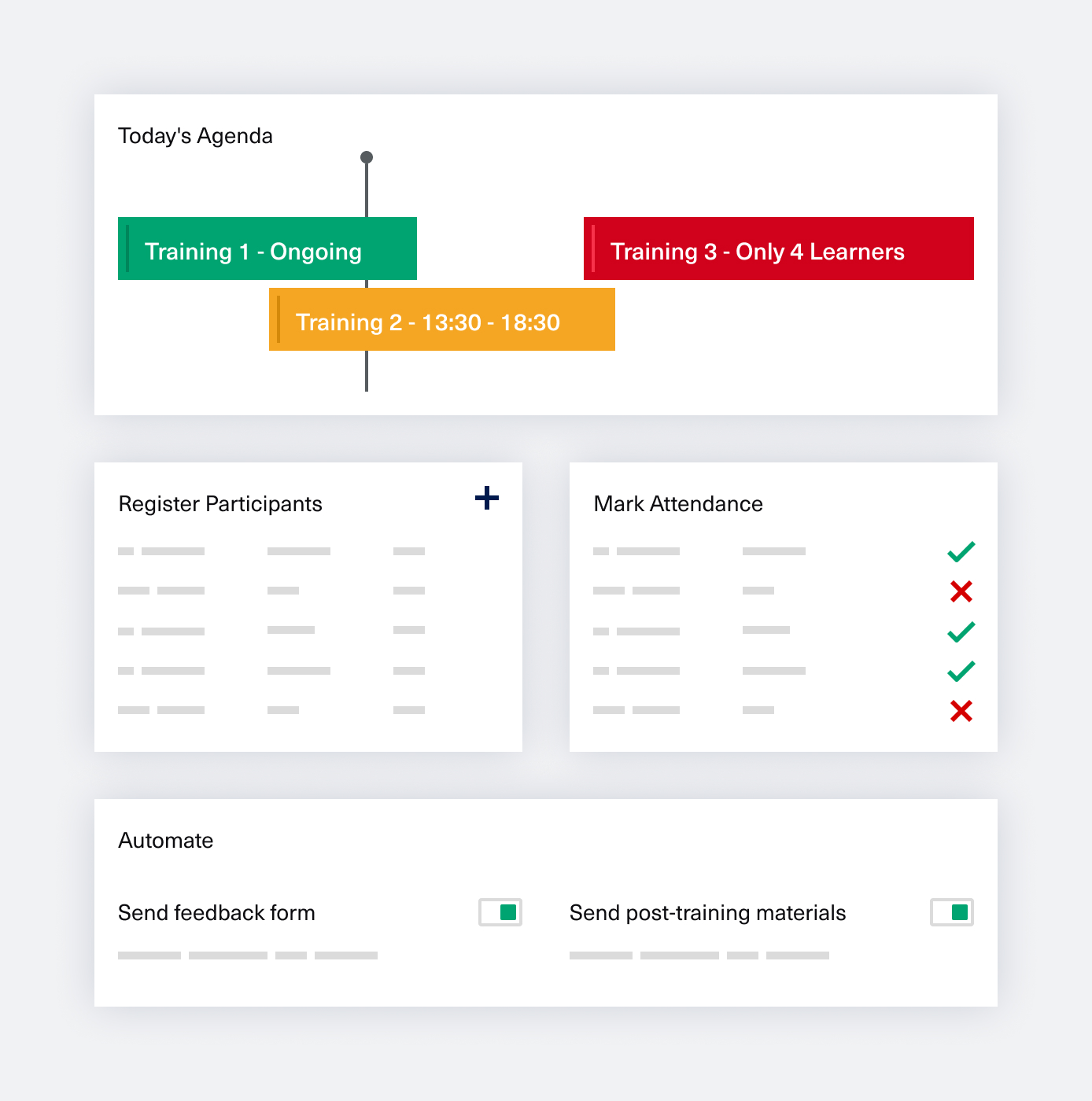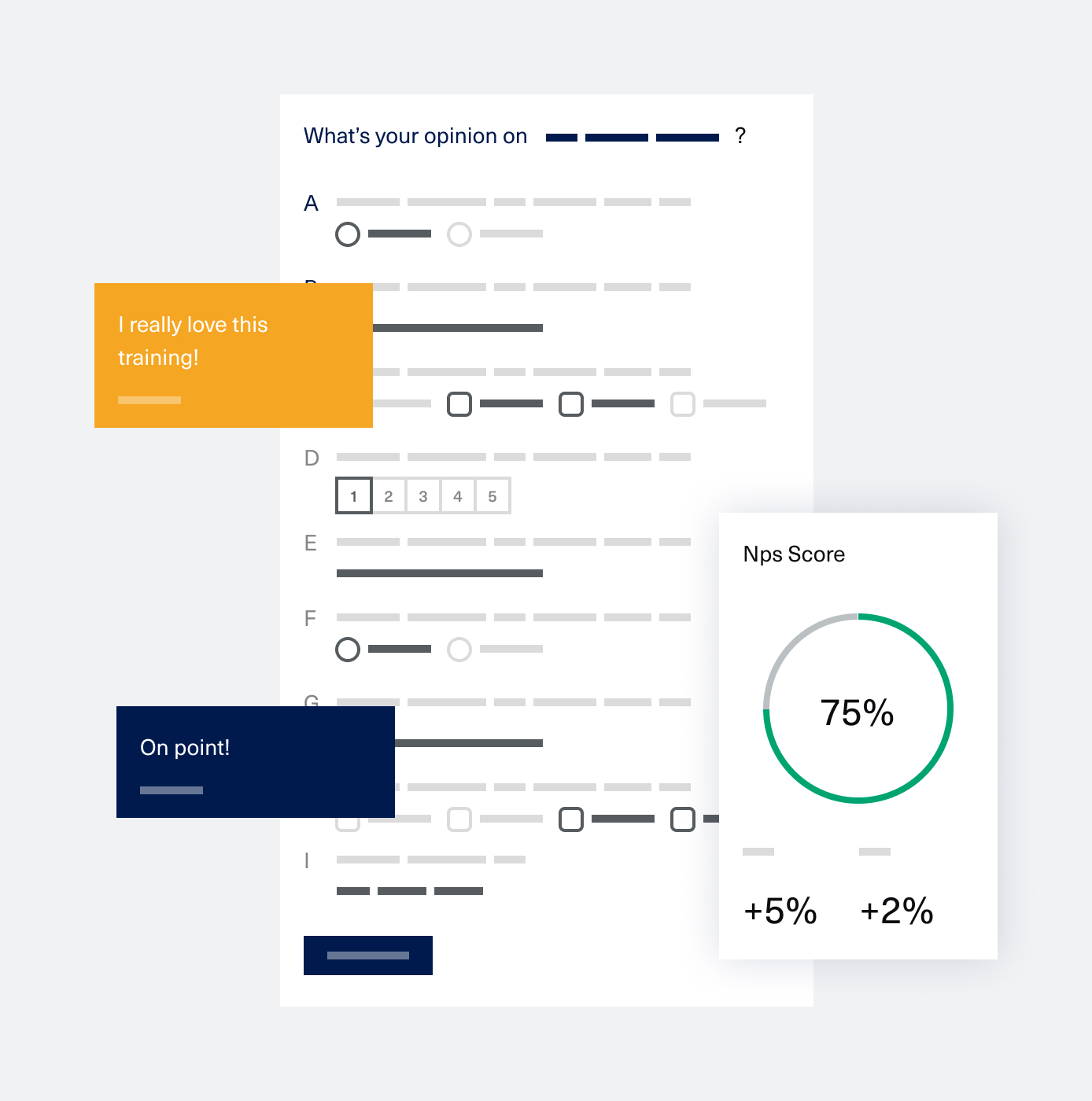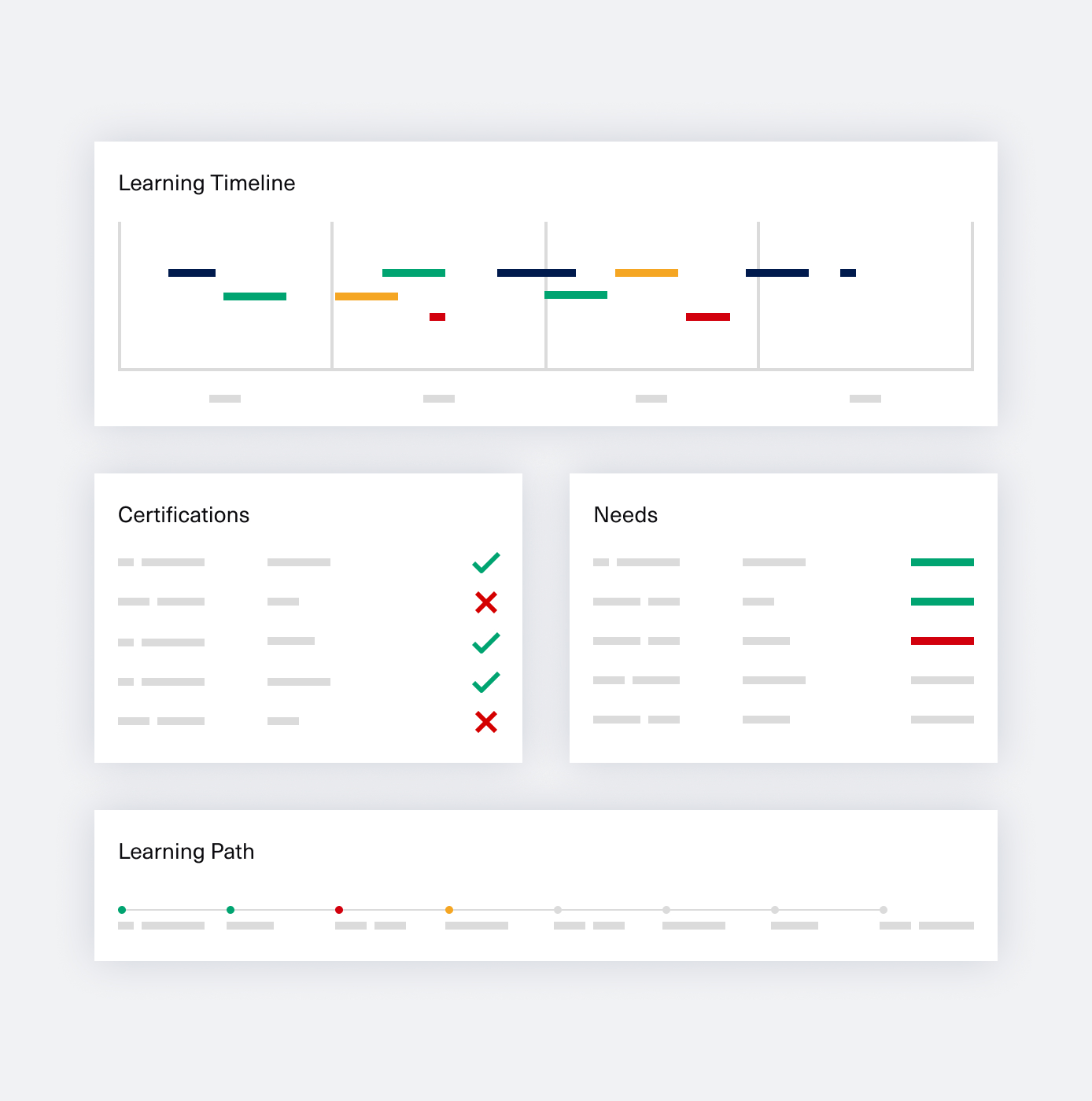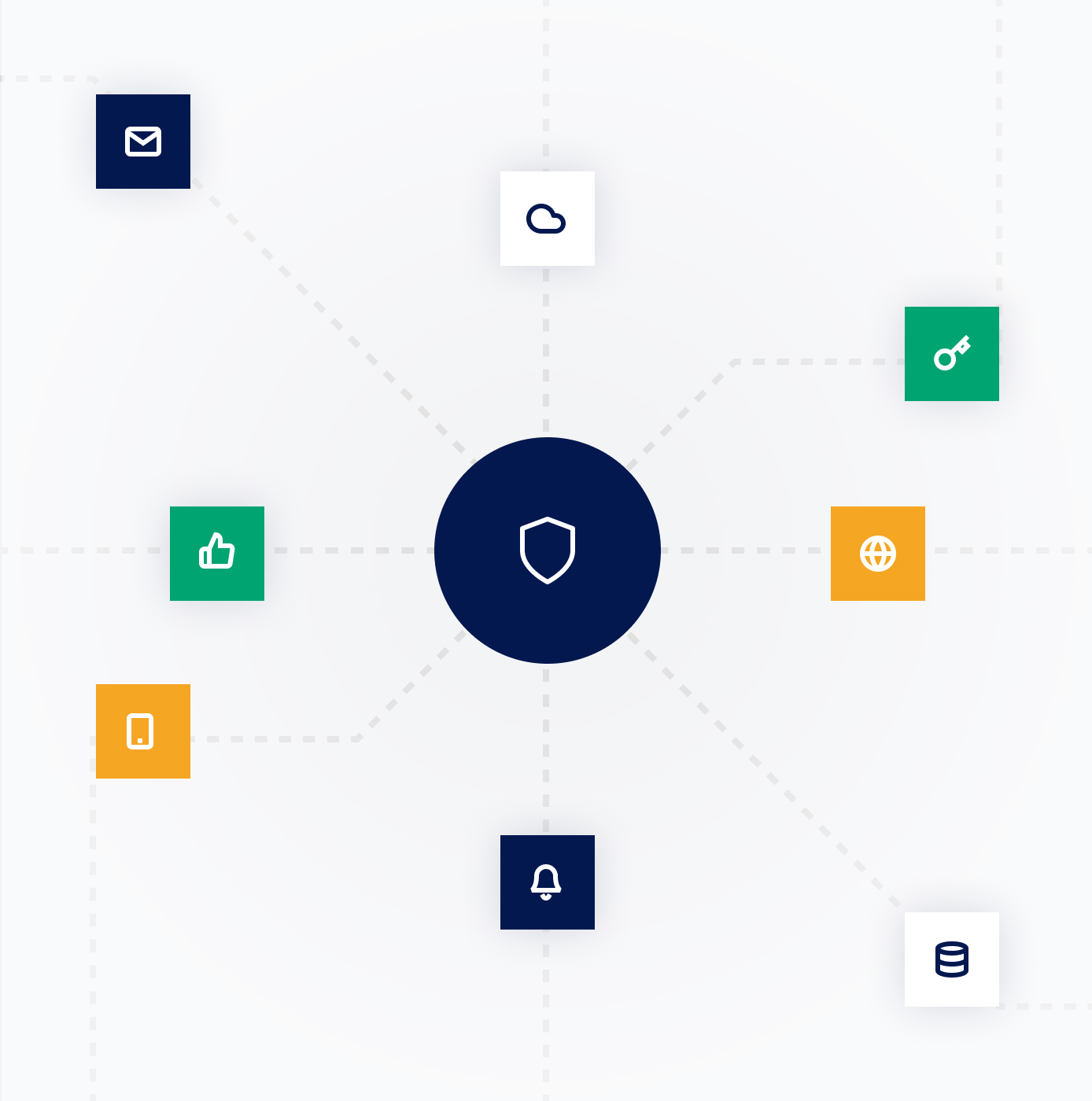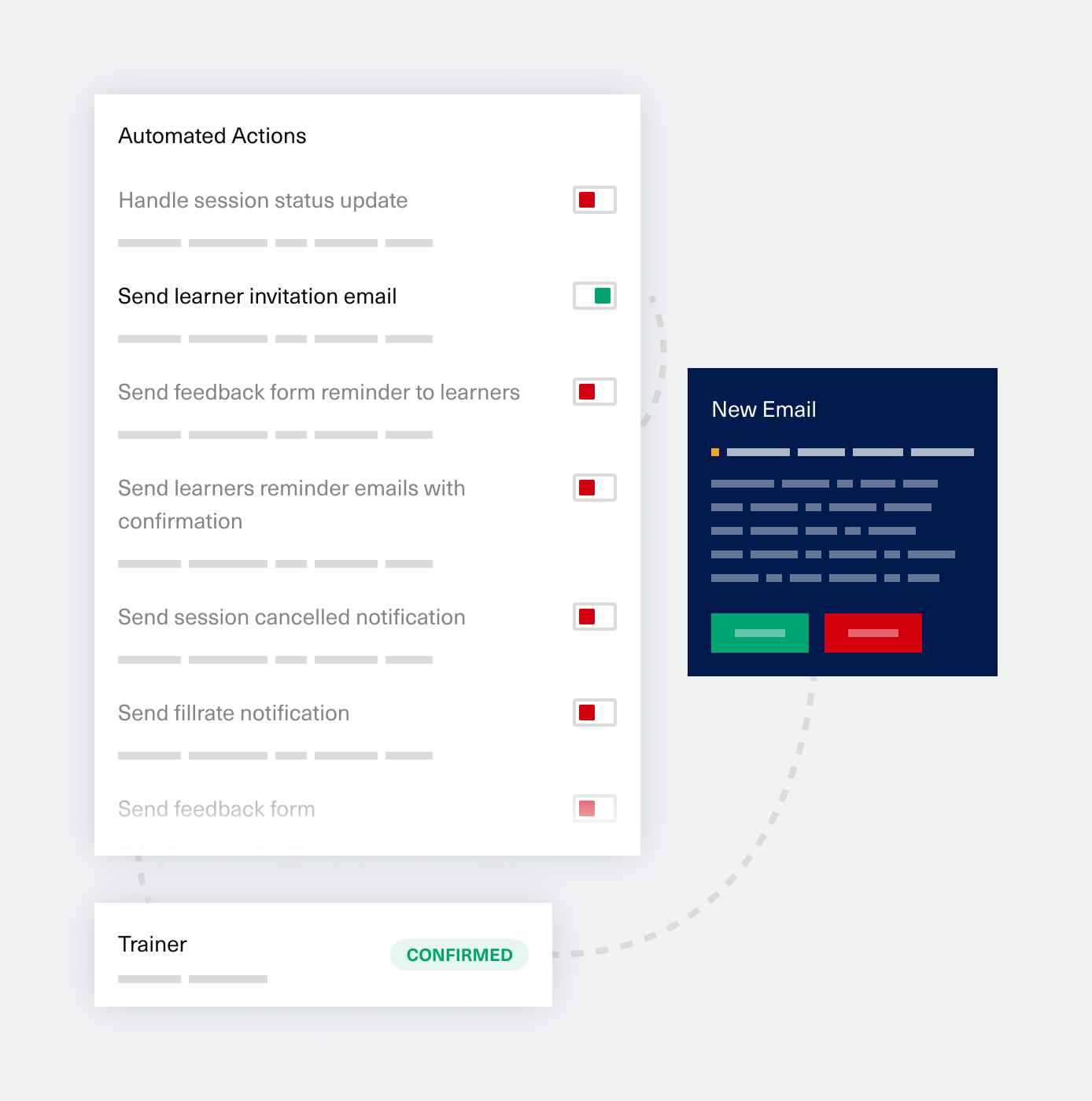Highlights:
* Psychological Safety is the belief that you won’t be punished or humiliated for speaking up with ideas, questions, concerns, or while making mistakes.
* Amy Edmonson’s research paper sits at the basis of the concept of Psychological Safety as the main influencing factor in team effectiveness and learning.
* Google also did a research project called Aristotle on the same topic; they offer a framework and free tools for any organization to start fostering Psychological Safety in teams.
* Adam Grant and Melinda Gates put together an experiment at the Gates Foundation. They asked leaders to show vulnerability by talking about their mistakes to create a more welcoming and trusting work environment.
* Radical Candor by Kim Scott also touches on how leaders can create an open and honest working environment by showing people that they care personally while offering feedback or having difficult conversations.
* L&Ds can help create psychologically safe working environments in their organizations. First, by identifying issues with trust and belonging on the various teams they support, then by helping executives and team leaders understand the importance and effectiveness of being supporters and promoters of psychological safety on their teams.
* The absence of Psychological Safety prevents employees from focusing on learning since they’re using their cognitive resources on workplace survival rather than acquiring new knowledge.
* The biology of how the brain works also supports this: learning and going through new experiences protects and improves the neurons’ myelin sheath, enhancing cognitive function – more details about the science behind this in Amy Edmondson’s book The Fearless Organization.
How to foster Psychological Safety:
– Leaders should show vulnerability to the organization
– Mistakes are seen as learning opportunities
– Showing concern for colleagues on a personal level
– Creating a sentiment of mutual trust and belonging within the team
– Encouraging people to step out of their comfort zone
What prevents Psychological Safety in the workplace:
– Public shaming or shaming in general.
– Punishing mistakes instead of recognizing effort made and focusing on points of improvement.
– Putting on a brave face even when it is unnecessary, for fear of being judged or ridiculed; not showing vulnerability.














